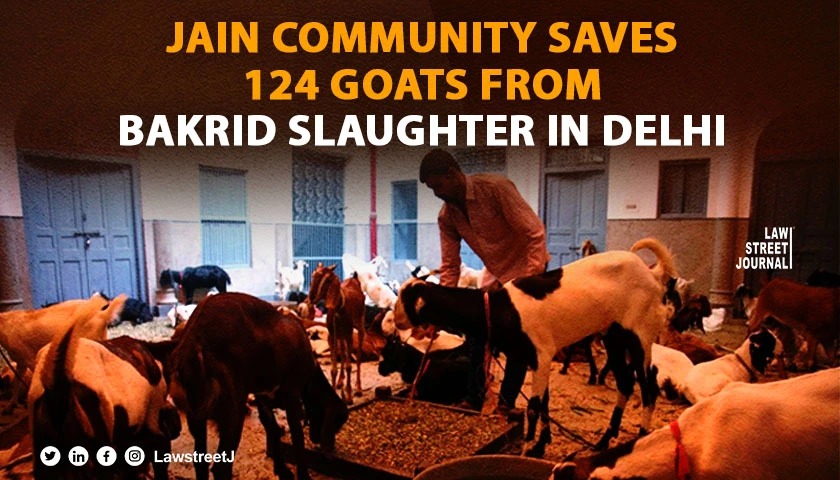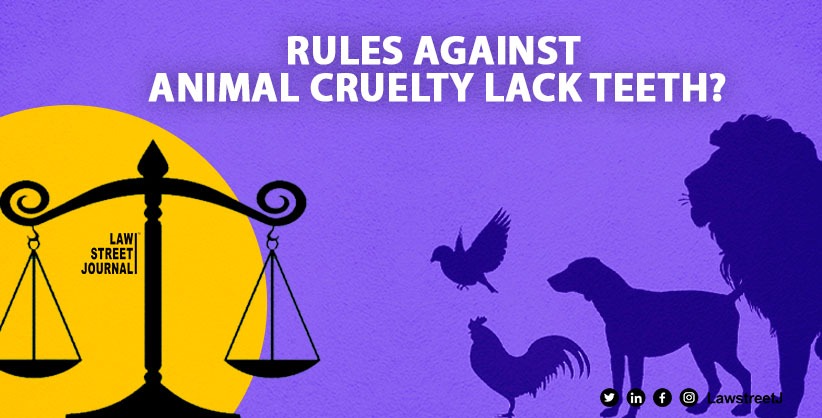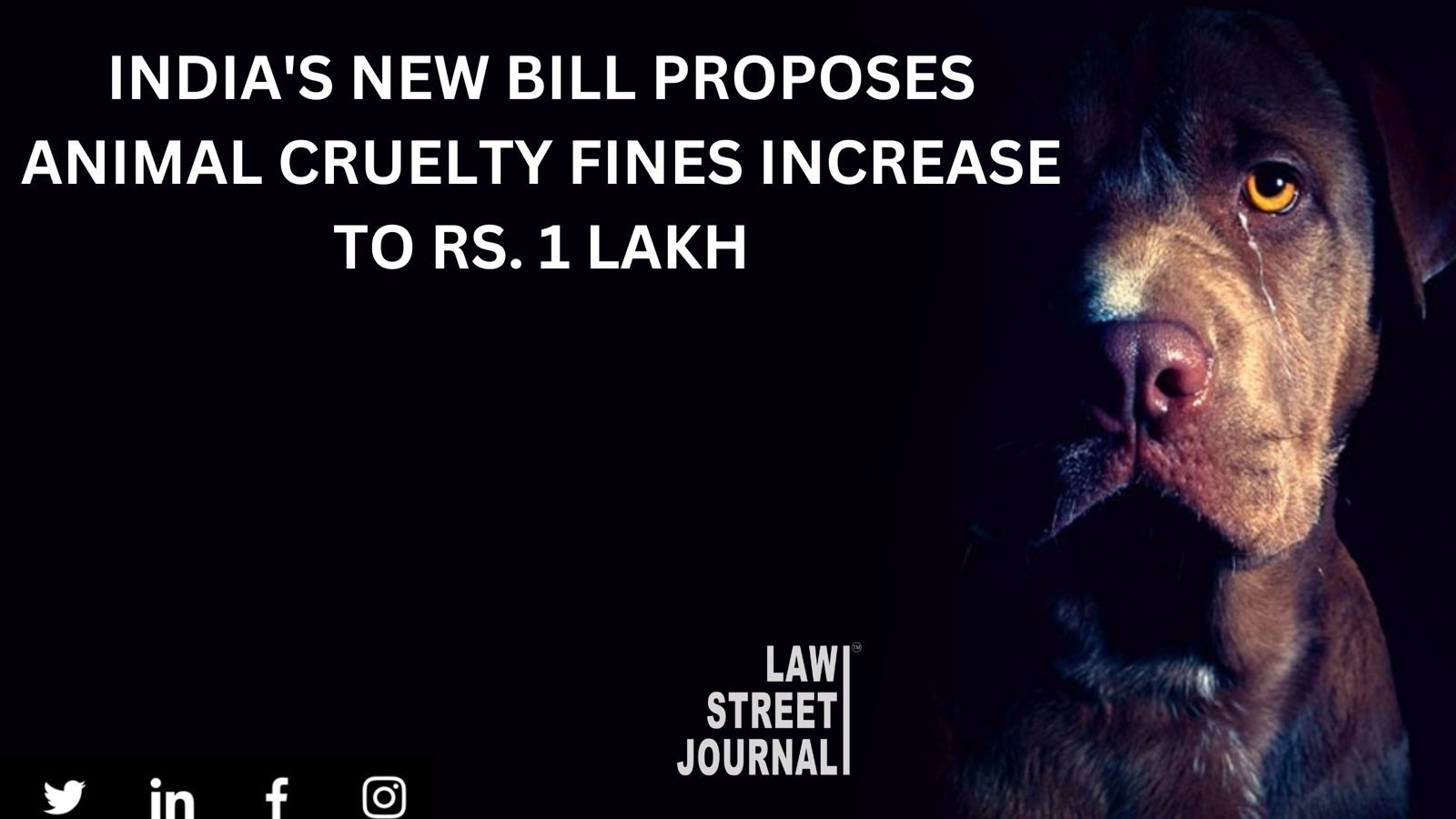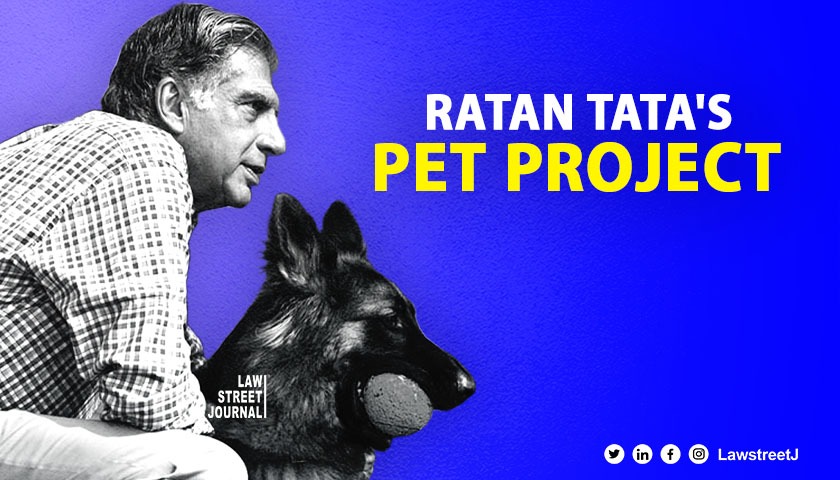Chandni Chowk, Delhi: Vivek Jain, 30-year-old chartered accountant had successfully raised Rs 15 lakh to save 124 goats from being slaughtered during Eid al-Adha (Bakrid). To calm the animals, Jain played mantras through a speaker.
This is a powerful Jain mantra to bring peace and positivity. These goats are afraid because they think they have been gathered for slaughter. They dont know we have given them a new lease of life, said Jain, flinching as a goat nudged him.
The Naya Jain Mandir in Dharampur was as lively as the bustling goat markets ahead of Eid. The excitement here, however, was about saving the goats from slaughter. For Jains in Chandni Chowk, it was a day of goat darshan. People flocked to the temple to see the goats, donate money for their fodder, pet them, and boast about the virtues of their religion.
Amid the annual debate on vegetarianism and cruelty during Muslim festivities, the Jain community in Delhi basked in newfound attention and praise. They became the talk of Old Delhi and an online sensation, with the hashtag Jain trending on X (formerly Twitter) with over 21,000 posts. The otherwise obscure Jain temple in Old Delhi, which had spent lakhs to rescue these goats, was now well-known to Hindus, Muslims, and Sikhs.
We are really proud of ourselves. The contribution by our community members from across the country has made it possible. We call it social welfare, and this is what our religion teaches us. This is a historic moment for the Jain community of Chandni Chowk. This was our first time, and we will only go forward from here, said Jain, as he ushered people to the courtyard for goat darshan.
The initiative began with a phone call from their guru Sanjeev, recalled 28-year-old Chirag Jain. Sanjeev was upset about the slaughtering of goats on Eid.
He wanted to do something about it, and thats when it was decided that while we cant save all the goats, we should rescue as many as we can, said Chirag.
We were not afraid, but we didnt want the buyers to play with our emotions. Had they known we were non-Muslims, they would have sold the goats to us at a higher price, and we wanted to rescue as many goats as possible, said Vivek.
The buying process involved tough bargaining, but eventually, the goats were purchased at an average price of Rs 10,000 each. Vivek was appalled by the way these goats were treated and sold at the mandis in Old Delhi.
It felt like we were buying clothes from a street vendor. The goats were crammed together and handled poorly. There was no sensitivity towards these living, breathing creatures, he said with utter disgust.
Meanwhile, the courtyard at the temples Dharamshala, normally used for weddings and religious events, was cleared to accommodate the rescued goats. When the teams returned to the temple with the goats in the evening, the other community members greeted them with beaming smiles, overjoyed at their success.
Finally, we managed to rescue over 100 goats. Such was the excitement, Vivek smiled.
They had raised Rs 15 lakh from Jain community members across Gujarat, Hyderabad, Kerala, Punjab, and Maharashtra. That evening, Vivek, Chirag, and others used the remaining funds to buy fodder like ladyfinger and spinach, which were stacked outside the courtyard.
A message circulated on WhatsApp and Facebook groups appealing, Please contribute to this noble cause so that we can save some animals from being slaughtered. We will send these goats to Jain-run cow shelters and bakrashalas [goat shelters].
Vivek admitted he never imagined they would be able to purchase even four goats. But their plea resonated, and donations poured in, allowing them to raise Rs 15 lakh within a day. The big question then was where to keep the 124 rescued goats. A Jain-run goat shelter in Baghpat was identified to take them in two days, said Aman Jain, who runs a handloom shop in Chandni Chowk.
Source: The Print
Image Courtesy: The Print














